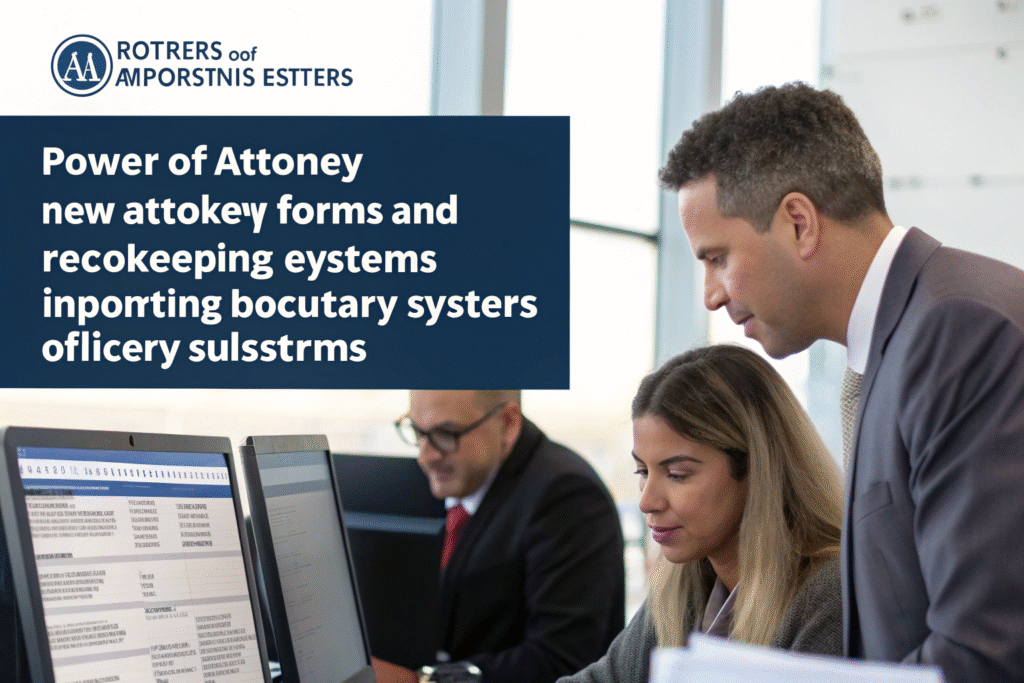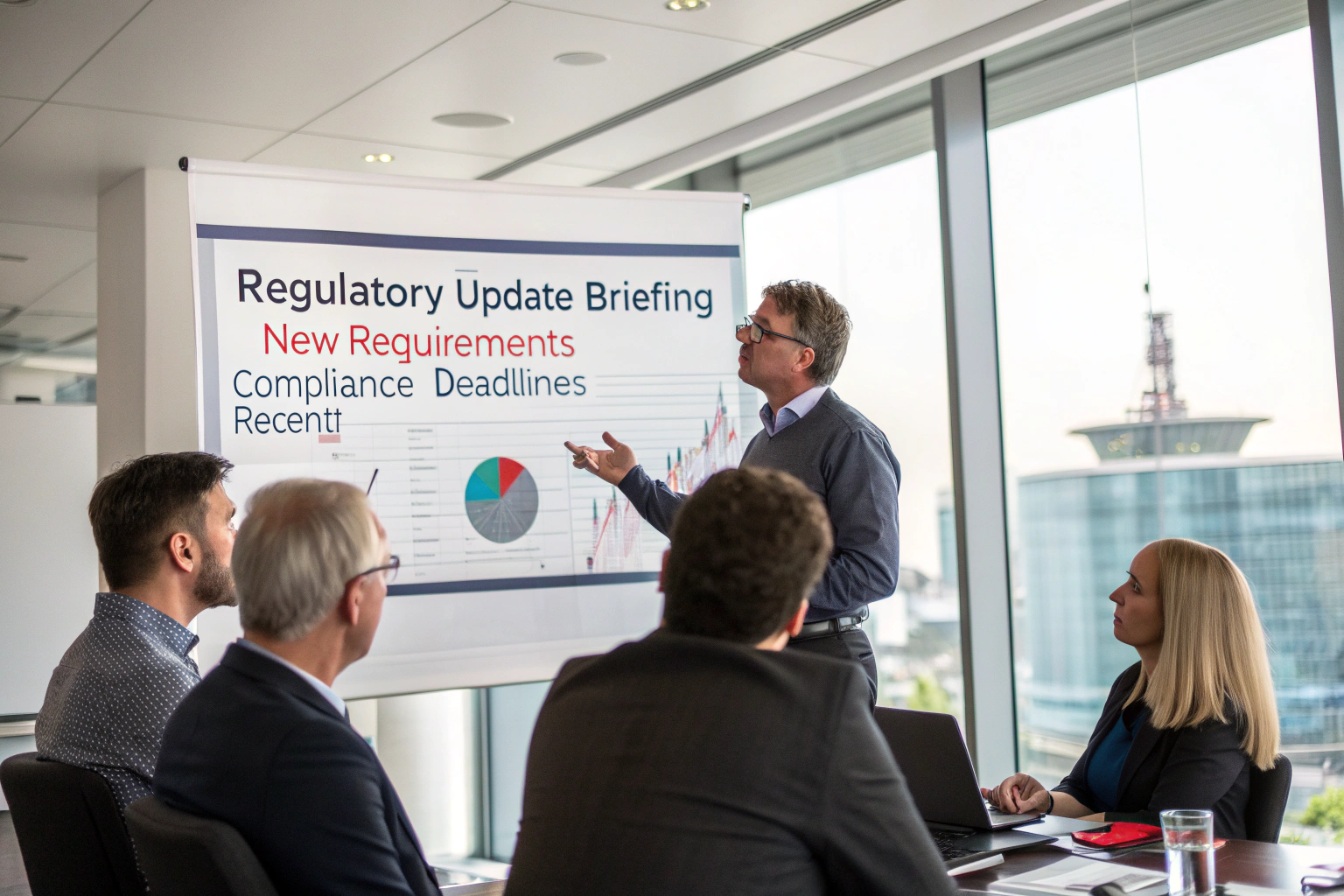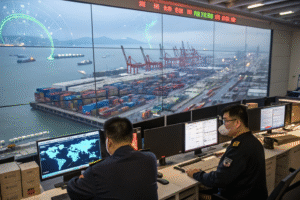Staying compliant with US shipping regulations has become increasingly challenging as new requirements emerge and existing rules evolve. Many importers discover regulatory changes only when their shipments face delays or penalties, creating unnecessary costs and supply chain disruptions. Understanding recent developments helps you avoid these problems and maintain smooth operations.
Several significant new US shipping regulations took effect in 2023-2024, including stricter enforcement of the Uyghur Forced Labor Prevention Act, new customs broker identification requirements, updated ISF filing enforcement, and enhanced Food and Drug Administration import screening protocols for certain products.
Let's examine the specific regulatory changes that affect importers and how you can adapt your operations to maintain compliance while avoiding delays and penalties.
What forced labor compliance changes impact importers?
Forced labor enforcement has dramatically intensified, with US Customs and Border Protection taking more aggressive positions on import restrictions. The Uyghur Forced Labor Prevention Act (UFLPA) represents the most significant development, creating a rebuttable presumption that goods made wholly or partially in China's Xinjiang region involve forced labor and are prohibited from entry.
The enforcement landscape has expanded beyond Xinjiang to include additional sectors and regions. CBP has increased its targeting of solar panels, polysilicon, tomatoes, cotton, and apparel regardless of origin if supply chains touch restricted entities. Importers now face the burden of proving their goods weren't produced with forced labor through detailed supply chain mapping and documentation. This represents a fundamental shift from the previous system where CBP needed to prove violations.

What documentation proves forced labor compliance?
Effective compliance requires maintaining:
- Supply chain mapping to raw material level for high-risk commodities
- Supplier audit reports from independent third-party verifiers
- Purchase orders and payment records demonstrating fair compensation
- Production process documentation showing voluntary labor
- Transportation records establishing chain of custody
This comprehensive documentation creates the "clear and convincing evidence" needed to rebut the UFLPA presumption when applicable.
Which industries face the greatest scrutiny?
Enhanced enforcement particularly affects:
- Solar energy equipment and related components
- Textiles and apparel containing cotton or synthetic fibers
- Electronics using polysilicon or other restricted materials
- Agricultural products like tomatoes and garlic
- Automotive parts containing aluminum or other regulated materials
Businesses in these sectors should implement particularly robust due diligence programs.
How have customs broker requirements changed?
The Customs Broker Modernization Act introduced significant changes to broker operations and importer relationships. These changes aim to enhance compliance while modernizing customs brokerage practices for contemporary trade environments.
Key changes include new identification requirements for importers, mandatory electronic transmission of powers of attorney, updated recordkeeping standards, and enhanced broker oversight responsibilities. Perhaps most significantly, customs brokers now have explicit authority to decline transactions where importers cannot or will not provide information needed for compliance. This shifts some responsibility to importers to maintain organized records and transparent supply chain information.

What are the new importer identification requirements?
Importers must now provide:
- Legal name verification matching business registration documents
- Physical address confirmation beyond mailing addresses
- Identification numbers including DUNS numbers when available
- Ownership information for certain high-risk shipments
- Contact person details with direct communication access
This information helps brokers fulfill their enhanced "know your importer" obligations.
How do electronic powers of attorney change processes?
The shift to e-POA requires:
- Digital submission through approved CBP systems
- Faster processing compared to paper documents
- Enhanced security through electronic verification
- System integration with customs brokerage platforms
- Recordkeeping automation for compliance purposes
This modernization reduces paperwork while creating more efficient authorization processes.
What import security filing updates affect timing?
The Importer Security Filing (ISF) requirements, commonly known as the "10+2 Rule," have seen enforcement refinements that impact timing, accuracy expectations, and penalty assessments. While the core requirements remain unchanged, implementation has become more stringent.
CBP has increased penalties for late, inaccurate, or incomplete ISF filings, with fines now reaching $5,000 per violation with minimum $1,000 penalties for clerical errors. The agency has also clarified timing requirements, emphasizing that filings must be submitted 24 hours before vessel loading at the foreign port, not merely 24 hours before departure. This distinction is crucial for preventing violations, particularly with modern port operations where loading may complete significantly before departure.

What common ISF mistakes trigger penalties?
Frequent compliance errors include:
- Incorrect manufacturer names or addresses
- Wrong container stuffing locations
- Missing or inaccurate seller information
- Late submissions based on departure rather than loading timing
- Incomplete house-level information for consolidated shipments
Addressing these common errors significantly reduces penalty risks.
How can technology improve ISF compliance?
Modern systems enhance compliance through:
- Automated deadline tracking based on actual loading schedules
- Data validation tools catching errors before submission
- Integration with booking systems ensuring information consistency
- Template management for repeat shipments
- Exception reporting highlighting potential problems early
These technological solutions transform ISF from an administrative burden to a competitive advantage.
What FDA regulatory changes impact consumer goods?
The Food and Drug Administration has implemented several significant regulatory changes affecting imported consumer goods beyond traditional food and drug products. These changes particularly impact cosmetics, dietary supplements, and certain medical devices.
The Modernization of Cosmetics Regulation Act (MoCRA) represents the most substantial expansion of FDA's authority over cosmetics since 1938. New requirements include facility registration, product listing, safety substantiation, adverse event reporting, and mandatory recall authority. For importers, this means additional documentation requirements, potential facility inspections, and new labeling standards that must be met before products can clear customs.

What MoCRA requirements affect importers immediately?
Key compliance dates require:
- Facility registration for manufacturing and processing sites
- Product listing with detailed ingredient information
- Safety substantiation for products and ingredients
- Adverse event reporting systems implementation
- Label compliance with new fragrance allergen rules
These requirements apply to both domestic manufacturers and foreign facilities exporting to the US market.
How do FSMA changes impact food imports?
The Food Safety Modernization Act updates include:
- Enhanced foreign supplier verification programs
- Voluntary qualified importer program expansion
- Food safety certification requirements
- Preventive controls documentation mandates
- Laboratory accreditation standards for testing
These changes aim to shift food safety focus from reaction to prevention throughout global supply chains.
Conclusion
Staying current with US shipping regulations requires continuous monitoring and adaptation as requirements evolve. The recent emphasis on forced labor compliance, customs modernization, security filing enforcement, and expanded FDA authority creates both challenges and opportunities for importers. Businesses that invest in compliance infrastructure, supply chain transparency, and regulatory expertise will navigate these changes successfully, while those who treat compliance as an afterthought will face increasing delays, penalties, and competitive disadvantages. The most successful importers will be those who integrate regulatory compliance into their core operations rather than treating it as a separate function.









